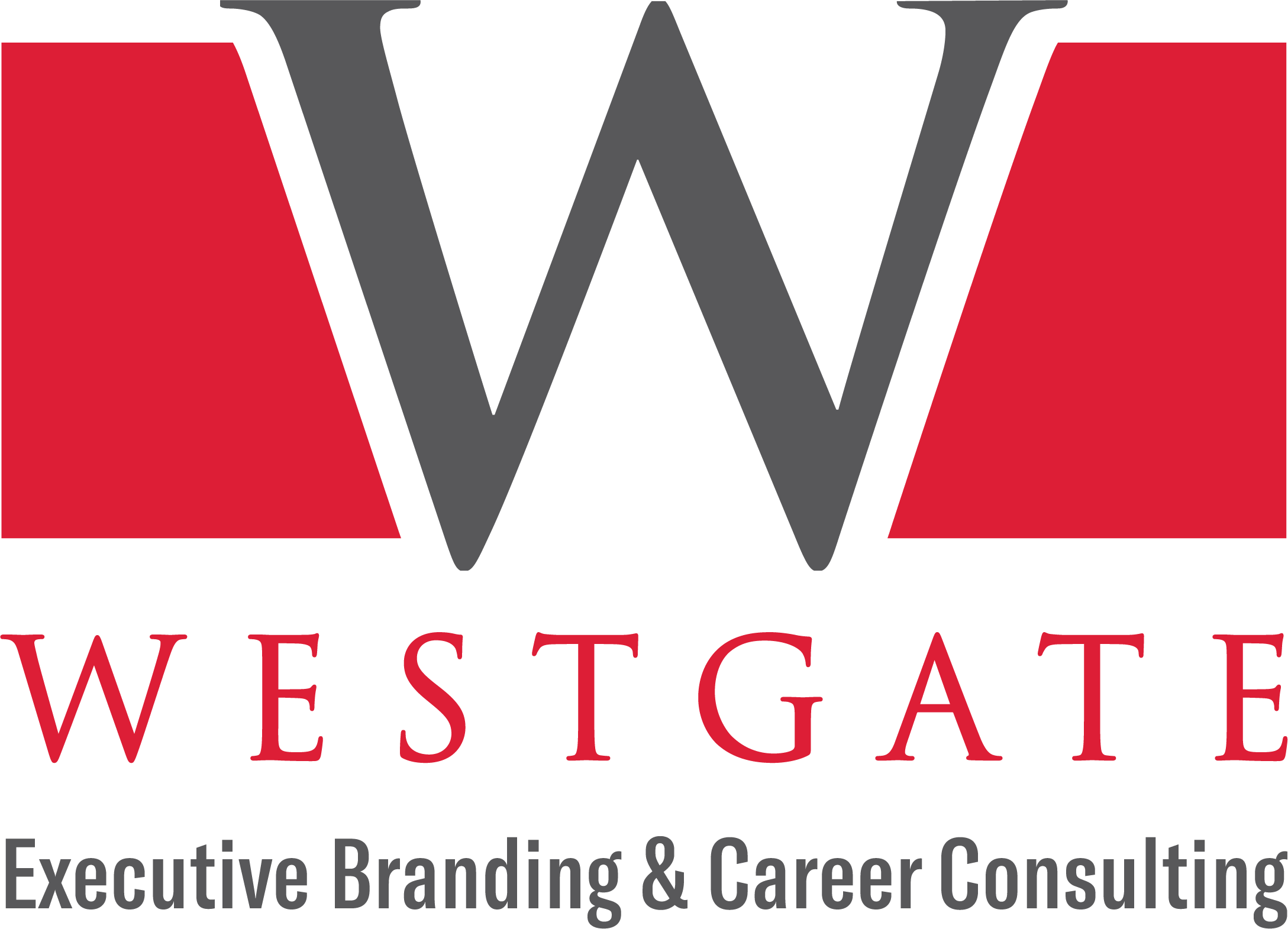Private Equity vs. Public Equity Boards – Skills & Titles in demand

Targeting public and private corporate boards is a popular strategy for senior corporate executives and retiring CEOs planning for their “sunset career.”
Yet, recently there is a growing need for expertise at the operational level for board of directors. You don't need to be a board member to help a board. Advisory roles relating to the following business imperatives are always in demand.
Titles in demand today include, CFOs, Venture Firm and Private Equity Partners, chief technology officers, partners in compensation consulting firms and compensation officers, just to name a few.
Experience required is practically unlimited, but here is a handful of experience our clients typically have listed on their CVs:
- M&A due diligence
- Cash-flow and treasury management strategies
- Quick decision-making experience (getting products to market fast)
- Relationships with market, research and bank analysts
- Business turnarounds
- Operating plans
- Product launches
- Venture capital firm knowledge (how to choose good companies and technologies to invest in)
- Corporate partnerships with VCs
- Licensing agreements
- Product lifecycle management
- Relationships with key opinion leaders
- Leveraged buyouts (LBO)
- International expansions
- Corporate restructuring, including eliminating business lines
- Recapitalization strategies
- IPO experience
- Transitioning from C Corporation to a REIT and then to IPO
Private and public boards require similar skills, including governance, financial stewardship and others, but there are a few differences in focus. Here are a handful:
- Experience coaching company founders
- Experience helping to get a product to the market
- Understanding burn-rate and managing investors’ money
- Experience building a team from the ground up
- Fast decision-making steeped in analysis (non-performance, etc.)
- Regulatory knowledge
- Industry-specific professional networks
- Fiduciary duty
- Capitalization and fundraising
- Crisis management
Publicly traded company considerations:
- CEO coaching and performance assessment
- Education in a public board (see #1)
- Experience reporting into Wall Street or Bay Street
- Financial acumen and ability to read a balance sheet and cash flow analysis
- Legal education
- Fiduciary duty
- Crisis management
- Media relations
- Regulatory knowledge
- Market-specific professional networks
Case study | CEO and Board of Directors of a Public Company Hired Westgate to position their Chief Investment Officer for an Independent Director
Roberto consulted Westgate about a board of director portfolio to position him as an independent board of director role in a related field
Roberto served as the chief investment officer of the newly IPO’d (initial public offering) regional renewable energy company. The company went public after more than a decade in the industry. A major contract with a fuels company expired and after 18 months of negotiations and litigation, the company decided to recapitalize through an IPO. Their vision included raising visibility and equity from the capital markets. The other vision was to raise the CIO’s (defacto) the energy company’s visibility.
Roberto was a successful professional and was known in the region for his prowess. Beyond the region, however, he was virtually unknown in the capital markets. His CEO and board felt that Roberto was best positioned to serve as the ambassador to the energy company given is career-long knowledge of the industry, having grown up in the world of renewable energy.
His father was a pioneer in the world of wind energy. Roberto was well positioned to address energy. Because Roberto was also involved in the IPO of the company, he had deep-seated experience with the US stock exchange where the company was listed.
Given that Roberto had no board experience, other than advising his own board, he knew he needed a vehicle to raise his visibility and candidacy for a board. He also needed to ensure that he was not targeting organizations where there may be a conflict. He needed a brand (a positioning message) that would open doors of the board nominating committee.
Roberto is now sitting on three boards and is being recruited by a third energy technology (smart meters) company.
Connect with BOARD chairs, audit committees, CEOs
Who can and will attest to your savvy on these points? Quality is more important than quantity here, so focus on just a few target names. “Have a personal conversation with the references to help understand what your goals are." Send your vitae to these contacts, highlighting the strong points you offer, and include mention of the time or projects when you worked together. “If this is a mentor or former boss, they’re probably not going to remember the specifics." Make these contacts as early as you can, and seek some written talking points from them.
A written reference now helps focus these contacts, and they’ll give a better spoken version when someone calls from a board nominating committee (and frankly, it gives them a script). As this suggests, a quality board reference is not just a general acquaintance, but someone who’s just one step below a mentor.
Another reason for fussing over and coaching board references is because their info works best if customized to each board opportunity. Have them “tailor their comments to the board role you’re seeking,” says Erin Kennedy, president of Professional Resume Services. Since you should have researched the company and its governance needs when aiming for a board slot (you did, didn’t you?), share some of this intelligence with your reference to aid in tuning his or her endorsement. Farmer suggests you chat with the chair of the board’s nominating committee to learn this info—invaluable both for you and your references.
Coaching a CEO helps you coach yourself. Particularly if you serve on the board of a younger, venture or startup company, much of your governance value comes through serving as a mentor and sounding board to management. “By coaching CEOs along the way, you create real value." Furthermore, such coaching experience makes you more valuable to executive teams seeking talent. Getting inside the head of a CEO, seeing how they think, how they work, what their fears are, and the skills and knowledge they require is invaluable “job shadowing” for your own future.
Board-Seeker Action Items
❑ Print out a hard copy of your full vitae, and mark everything that has any connection to board or committee work.
❑ Make notes for each of these items, spelling out as much detail (dates, specific actions, dollar figures, quantified results) as possible.
❑ Do you have board briefing/interaction experience in your current position? What could you do to seek further opportunities for this?
❑ Write a one-paragraph board intro/positioning statement for yourself of no more than 100 words.
❑ Use the above to develop a board resume of a page-and a-half that supports this statement. Now, tighten and edit this down to one page. Avoid using your standard CV as a style guide.
Board-Seeker Action Items part 2
❑ List your top five “boardability” assets you can bring to a board.
❑ What do you view as the top three specific benefits serving on a board could add to your career?
❑ What do you view as your three biggest deficits in pursuing a board seat?
❑ Name the top five companies on your current board “wish list.”
❑ For these companies, do you know the names of their current board members?
Use the SARI format to write out the paragraph of your skill using an example from your experience
Situation – what problem were you facing?
Action – what action did you take to solve the problem?
Result – what was the result of your action?
Impact – what impact did your result have on the customer, the company, the shareholder?
Research
A simple but powerful strategy used by top global industry resume writers is to search for a board job description in your targeted industry. The more detailed the description, the better. Carefully examine each competency in the job description, carefully noting the requirements. Highlight the areas where you have experience and then write out a paragraph description of that skill. You can also use this approach to answer board interview questions (see the model below).
Here is an example:
How to answer: “Tell the Nominating Committee why we should appoint you to our board” using this model.
Follow this language pattern; customize for your unique scenario using an experience from your previous board or corporate work.
Situation we faced
I am the previous Chair of the Board for a national technology security organization with 25 years’ experience in the technology and data center sector.
Action I took
- When the Board hired me, we were millions in debt, and we had high employee turnover.
- I asked the CEO (in collaboration with the Audit Committee) to order a financial audit and discovered major inefficiencies.
- We spearheaded a new investor and sales strategy.
- We initiated an employee loyalty program.
- We introduced financial controls.
Results
- After 18 months, we were $18 million cash positive
- Employee turnover reduced by 35%.
- We achieved investor goals for the current year.
- We increased market share by 12%.
- We broke even.
Impact on the business, the industry, the economy
- The Board was very pleased with our results.
- Investors were thrilled with cash flow.
- Our improved employee engagement has enhanced performance.
- We currently receive excellent media coverage.
- We serve 28% more clients each year.
- Our credit rating improved.
This is how I help.
Customize the language pattern to suit your specific situation (see the model below).


